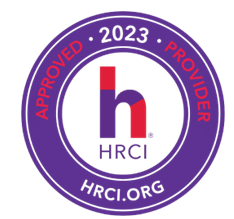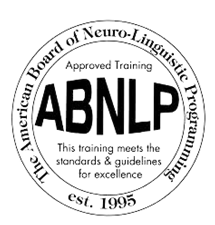HR Analytics training is a learning process that equips individuals with the knowledge, skills, and tools to analyze and interpret data related to various aspects of human resources. This training is designed to help professionals in HR or related fields to make data-driven decisions and improve their organization’s performance.
HR Analytics training typically covers topics such as:
Data collection and preparation: The process of collecting and preparing data for analysis, including data cleaning, data integration, and data transformation.
Data analysis and visualization: The use of statistical methods and data visualization tools to analyze and interpret data and present findings.
HR metrics and KPIs: The measurement of HR metrics and key performance indicators (KPIs) to assess the effectiveness of HR programs and initiatives.
Predictive analytics: The use of predictive models to forecast future HR trends and identify potential risks and opportunities.
Data-driven decision-making: The use of data and analytics to make informed HR decisions that align with organizational goals and objectives.
How this training would benefit the organization:
HR Analytics training can be highly beneficial for employees of an organization in several ways, including:
Improved decision-making: HR Analytics training helps employees to understand how to use data to make informed decisions about various aspects of HR management, such as recruitment, training, performance management, and employee engagement. By using data-driven insights, employees can make more effective decisions that are aligned with organizational goals and objectives.
Increased efficiency: HR Analytics training teaches employees how to streamline HR processes by identifying areas for improvement and implementing data-driven solutions. By eliminating inefficiencies and automating routine tasks, employees can save time and increase productivity.
Better communication: HR Analytics training can help employees to communicate more effectively with each other and with senior management by presenting data and insights in a clear and concise manner. This can lead to better collaboration, more effective problem-solving, and improved decision-making.
Improved performance: HR Analytics training can help employees to identify patterns and trends in HR data that can help to improve employee performance. By analyzing factors such as employee engagement, training effectiveness, and performance metrics, employees can develop strategies to improve performance and achieve better results.
Competitive advantage: HR Analytics training can help organizations to gain a competitive advantage by enabling employees to identify emerging trends and respond to changing market conditions. By using data to anticipate future HR needs and identify potential risks and opportunities, organizations can make more strategic decisions and stay ahead of the competition.
In summary, HR Analytics training can be highly beneficial for employees of an organization by improving decision-making, increasing efficiency, enhancing communication, improving performance, and providing a competitive advantage.
Programme Summary:
Class Room Session: 2 Days
CPD Credit: 10 Hour















